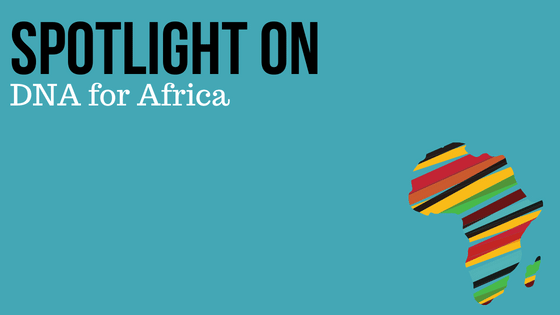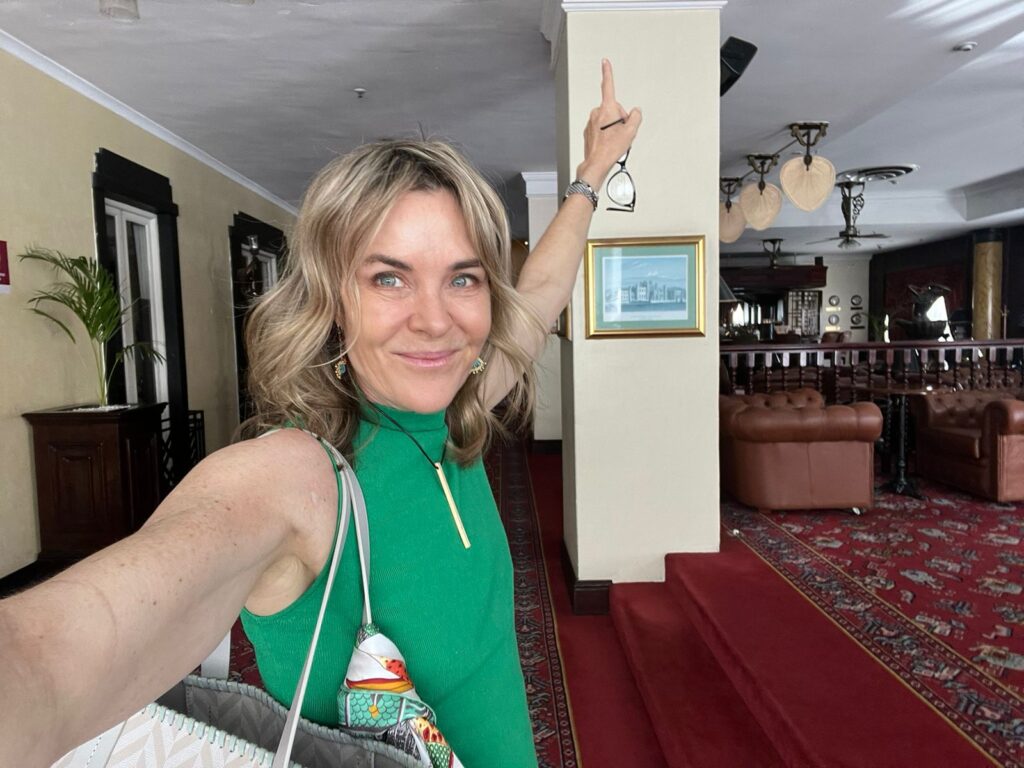Today’s blog is a conversation with Vanessa Lynch of DNA for Africa. Reposted from The ISHI Report with permission.
In September 2017 in South Africa, Sikhangele Mki was sentenced to 15 life terms and an additional 120 years. The Court referred to Mki as “a monster lurking in the shadows – attacking, robbing and raping girls, exploiting the vulnerability of his unsuspecting victims – whose crimes fell into the category of the most serious cases this court has ever dealt with”.
The breakthrough in the investigation happened when Mki was arrested and convicted for an unrelated charge of common assault in 2014. Whilst serving time for this in prison and in terms of the recently passed DNA Act in South Africa in 2015, police were mandated to collect DNA samples from all convicted offenders retrospectively, and run the resultant forensic DNA profile through their national DNA database for a comparative search. In this case, it contained the DNA profiles of an unknown male in 30 separate rape cases and this is what ultimately linked Mki to the unsolved rapes, although the DNA sample was collected for a less serious and unrelated crime.
Working Together for a Safer Africa
It was among these reasons that Vanessa Lynch led the charge under the ‘DNAforAfrica’ banner to demonstrate the value of forensic DNA profiling in crimes against humanity and gendered violence throughout Africa. This was preceded by her efforts in South Africa where she lobbied to help pass the DNA Laws which now govern South Africa’s DNA Database of over one million. Serial offenders such as Mki have been linked to not only 30 but up to 100 rapes committed by a single perpetrator, all through the South African DNA database.
Following the success of the DNA database program and adoption of DNA laws in South Africa, Vanessa launched DNAforAfrica in 2021.
We caught up with Vanessa to talk about this latest initiative.
What is the philosophy behind DNAforAfrica?
DNAforAfrica is dedicated to the use of advocacy outreach and forensic expertise to aid the development of DNA databases and casework programs throughout Africa. We have convened high level scientific workshops for forensic practitioners, as well as hosted two forensic DNA symposiums in South Africa and Kenya over the course of the last year. These DNA events provide a platform for key forensic specialists and change advocates to interact and present innovative solutions to the unique challenges faced by many countries in Africa in the fight against sexual violence and crime. It has also afforded the forensic community in Africa an opportunity to learn more about the role and potential of DNA in a criminal justice system.
What do you hope to achieve?
Our goal is to help find solution-based action in the fight against crime in Africa. We do this by adopting a holistic approach, which we call #CATCH
#CAMPAIGN: We support campaigns which advocate for the inception of DNA policies and laws
#ACQUAINT: We help educate administrations and the public on why forensic DNA is important and how it aids to both deter and detect offenders.
#TRACK: We track the establishment and growth of DNA Databases and forensic DNA labs throughout Africa, as well as monitor the reduction of DNA Backlogs.
#CAPACITATE: We help to ensure that the appropriate DNA capacity is in place to support the implementation of DNA policies and laws.
#HIGHLIGHT: We identify and highlight obstacles such as DNA backlogs, lagging DNA policies and limited DNA capacity, offering solutions to redress these roadblocks to help combat crime.
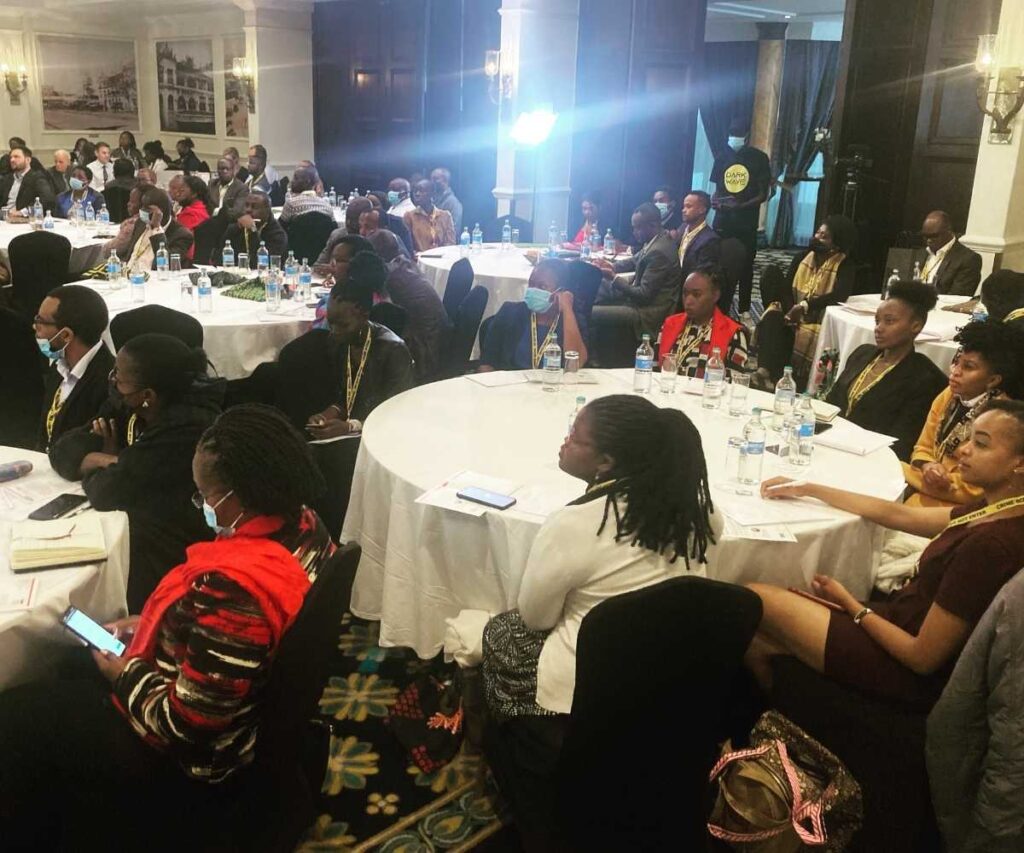
What are your highlights?
Along this journey I have been honoured to have had the opportunity to engage with and learn from so many passionate and dedicated change makers, many of whose career’s span over 35 years, and I am grateful to them for contributing their expertise and insights to this cause. DNAforAfrica is a story of mentorship, collaboration, dedication and hope which I attribute to our army of “DNA Crusaders” who are as passionate about change as we are. In bringing together a multitude of international and local forensic experts and activists, all of whom share a passion for forensic science and crime resolution, we are able to explore an integrated approach to resolving crime through best practices and lessons learned.
Collaboration
DNAforAfrica has also partnered with organizations such as ICRC, the UNODC, Interpol, SADC and the Africa Union Commission to raise awareness for the need for greater use of forensic profiling throughout Africa.
What has been the benefit of these collaborations?
These organizations adopt a survivor-centred approach to crime resolution, and I have found that collaborating with these agencies helps promote adherence to humanitarian principles and the rights of affected victims and communities. This is particularly relevant when addressing those in the justice and medicolegal sectors, where vulnerable and distressed victims deserve the highest levels of professionalism and scientific rigor without compromising on empathy, respect, and dignity. It has taught me that to comprehensively combat sexual violence, it is necessary to address both the well-being of survivors and the crimes of the perpetrators.
Further, encouraging countries to engage with each other and share in each other’s knowledge, policies and expertise is key. We do not have to re-invent the wheel as we are best placed – as part of the greater Africa community – to understand what is required in low resourced environments. I always say to my colleagues and change advocates working in Africa that together, we are DNAforAfrica!
Funding
DNAforAfrica have also highlighted the need for donor funding to support DNA programs in Africa.
Why do you think funding these DNA programs is necessary?
With the high level of expertise I have found in Africa amongst forensic scientists and practitioners, coupled with their commitment and dedication to their work, I have also seen that they are severely limited in having access to the tools required to fully develop their DNA programs. This all comes down to funding and we are exploring ways in which to help countries in Africa access global funding programs which are dedicated to the prevention and resolution of crimes against humanity, including sexual violence and trafficking in persons through the better utilisation of forensic DNA programs.
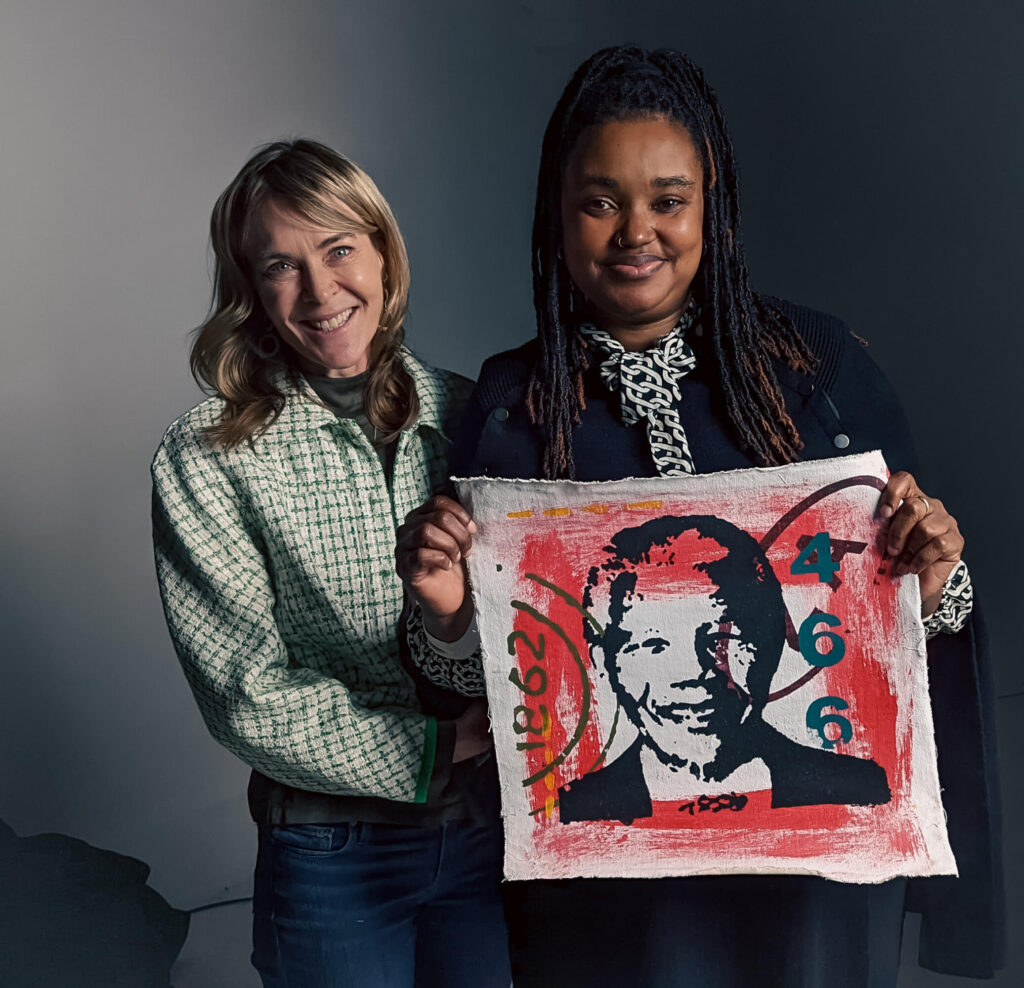
So, what’s next?
We have started developing a ‘DNA toolkit’ for African countries looking to advance their DNA database and infrastructures as well as enact DNA policies and laws to support these efforts. It is our vision that in the next 2-5 years, we will have made a significant impact in Africa where we will see administrations adopting DNA laws, funding their own DNA programs, and ultimately preventing tomorrow’s victims.
Any more events we should look out for?
This year we are moving to Dar es Salaam in Tanzania, where we are partnering with the UNODC, SADC and Interpol for a weeklong series of in person workshops, discussions and presentations on how best to implement DNA programs in 16 Africa countries. We then move to Ghana in the last quarter of 2022 where we are collaborating with Prof. Budowle who will be leading an in person high level scientific workshop for the West Africa scientific community. Next year we are planning a fantastic event with the ICRC and the African Union Commission in Cape Town, so watch this space!
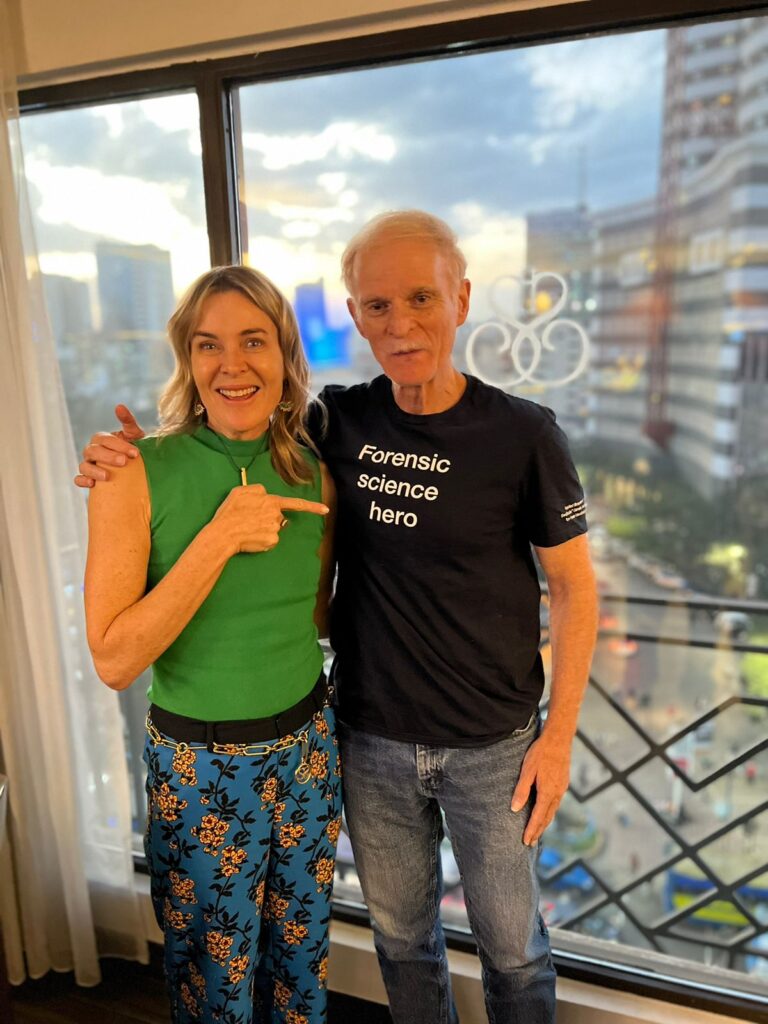
Follow Vanessa’s journey and join the conversation @DNAforAfrica
About Dr Vanessa Lynch:
Vanessa founded The DNA Project in 2005, and in 2021 launched @DNAforAfrica, dedicated to the use of advocacy outreach and forensic expertise to aid the development of DNA databases and casework programs throughout Africa. Vanessa is regarded as a key opinion leader in the field of Forensic DNA policy and law has been lauded for her leadership to drive the adoption of legislation to administer South Africa’s national DNA database, the first of its kind on the African continent. Vanessa served as Deputy Chair of the National Forensic Oversight and Ethics Board (SA) which monitored the implementation of the provisions of the DNA Act in its first five years and now serves on the Forensic Databasing Advisory Board (FDAB) for the International Society of Forensic Genetics (ISFG).
Vanessa completed her Law degree at the University of Cape Town and Doctorate of Laws in Forensic DNA Profiling and Ethics at the University of Stellenbosch.
WOULD YOU LIKE TO SEE MORE ARTICLES LIKE THIS? SUBSCRIBE TO THE ISHI BLOG BELOW!
SUBSCRIBE NOW!

